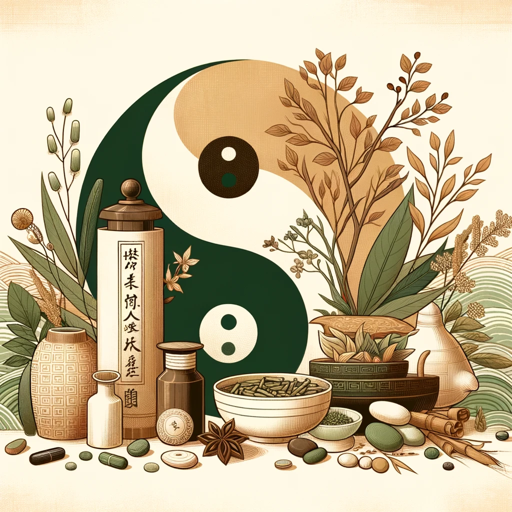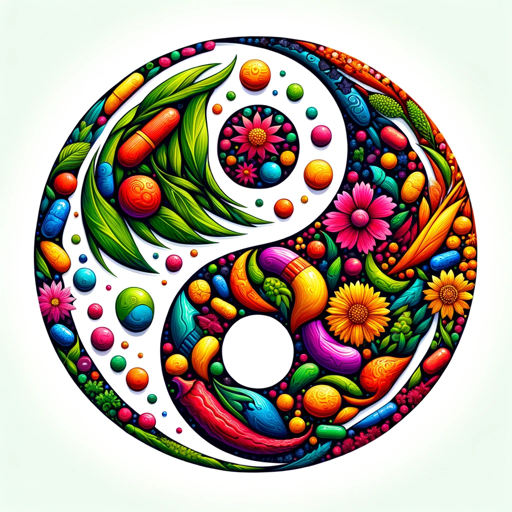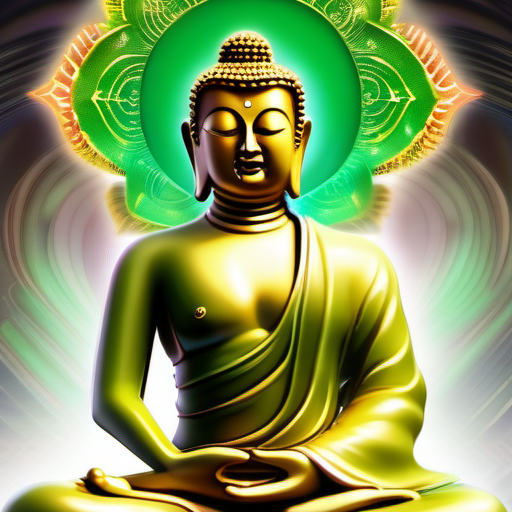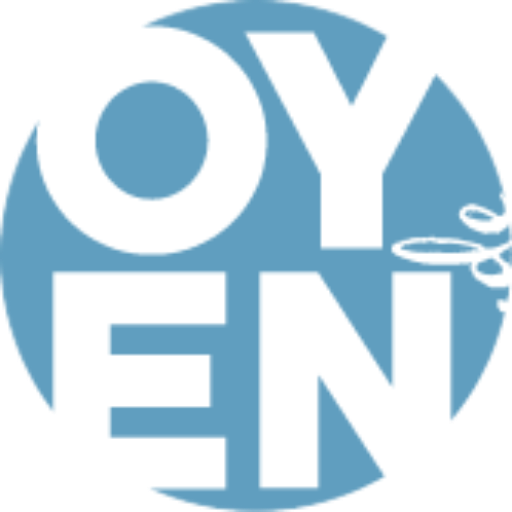TCM-TCM health insights
AI-powered Traditional Chinese Medicine insights
My Personality
My Health
My Talent
Improve Myself
Related Tools
Load More
Traditional Chinese Medicine Diagnostician中医诊疗
Provides in-depth TCM advice and remedies.
中医GPT
中国传统文化-中医-经典名方-经典医案

中医专家
依据中医古籍,提供健康咨询,仅供参考查询,不作为医疗依据。

Functional Medicine Doctor
I'm a virtual Functional Medicine Doctor and healthcare assistant.

老中医
集中国中医之大成者

TCM Study Buddy
A clarifying TCM study aid with engaging content.
20.0 / 5 (200 votes)
Introduction to Traditional Chinese Medicine (TCM)
Traditional Chinese Medicine (TCM) is a holistic approach to healthcare that has been practiced for thousands of years. It is based on the principles of balancing the body's energy, known as Qi, and the harmonious relationship between Yin and Yang, as well as the five elements theory (wood, fire, earth, metal, and water). TCM aims to restore and maintain health through various modalities including herbal medicine, acupuncture, dietary therapy, and lifestyle adjustments. For example, TCM practitioners might use acupuncture to stimulate specific points on the body to improve the flow of Qi and address issues like chronic pain or stress. Similarly, dietary recommendations might be tailored to balance Yin and Yang based on an individual's unique constitution and health needs.

Main Functions of TCM
Qi Balancing
Example
A patient suffering from fatigue and low energy might receive acupuncture and herbal treatments to invigorate Qi.
Scenario
In a real-world scenario, a TCM practitioner assesses a patient’s Qi through pulse diagnosis and tongue examination, then applies acupuncture needles at specific points and prescribes herbal formulas to enhance energy levels and overall vitality.
Yin-Yang Harmonization
Example
A person experiencing insomnia due to excessive Yang might be advised to consume cooling foods and herbs to restore balance.
Scenario
For instance, a patient with insomnia is evaluated by the practitioner, who determines an imbalance in Yin and Yang. The treatment plan includes a combination of acupuncture, cooling herbal teas like chrysanthemum, and dietary changes to reduce Yang and promote restful sleep.
Five Elements Theory Application
Example
A patient with liver issues (related to the wood element) might receive treatments that also consider the interplay with other elements like water (kidneys).
Scenario
In practice, a TCM practitioner identifies a liver imbalance through symptoms like irritability and digestive problems. The treatment includes herbs that support the liver (wood element) and kidneys (water element), demonstrating the interconnectedness of the five elements in TCM.
Ideal Users of TCM Services
Individuals Seeking Holistic Health
People looking for a holistic approach to health and wellness, focusing on prevention and natural treatments, benefit greatly from TCM. These individuals often prefer natural remedies and are interested in maintaining health through balanced lifestyles, including diet, exercise, and stress management.
Patients with Chronic Conditions
Individuals suffering from chronic illnesses such as arthritis, digestive disorders, and chronic pain often turn to TCM when conventional medicine does not provide sufficient relief. TCM’s comprehensive diagnostic methods and personalized treatments can address underlying imbalances and offer long-term solutions.

How to Use TCM
Visit aichatonline.org
Start by visiting aichatonline.org for a free trial without the need to log in, and no requirement for ChatGPT Plus.
Provide Birth Information
Input your birth date and time in the format 'YYYY-MM-DD HH-MM' and specify your gender (0 for female, 1 for male).
Request Analysis
Request your analysis based on your birth information to receive insights into your Qi balance, Yin and Yang, and the five elements.
Review Recommendations
Carefully review the personalized recommendations for lifestyle, diet, and wellness practices that align with your TCM profile.
Implement Changes
Implement the suggested changes in your daily routine and monitor the effects on your well-being over time.
Try other advanced and practical GPTs
React Testing Library & Jest
AI-powered testing solutions for React.

TEXTO
AI-Powered Text Enhancement

Corretor de Texto Gmídia
AI-Powered Text Correction

Google Ads Creator Using A Website Page
AI-Powered Google Ads Creation Tool

GoHighLevel Support GPT
AI-Powered Support for GoHighLevel

Operations Research / Linear Programming Solver
AI-powered Optimization Solutions for Complex Problems

JW GPT
AI-Powered Assistance for Jehovah's Witnesses

myText
AI-powered text refinement, no login required.

Economy News Analyzer
Analyze market news with AI precision.

Rhymes, the Poetry Critic
AI-powered tool for poetry analysis

Binance API Wizard
AI-powered Binance trading tool.

Binance crypto analysis
AI-powered crypto trading analysis.

- Stress Relief
- Diet Planning
- Wellness Tips
- Holistic Health
- Energy Balancing
TCM Q&A
What is Traditional Chinese Medicine (TCM)?
TCM is a holistic approach to health that focuses on balancing the body's Qi, Yin and Yang, and the five elements (Wood, Fire, Earth, Metal, Water) to promote overall well-being.
How can TCM help with stress management?
TCM offers various methods for stress management, including acupuncture, herbal remedies, Tai Chi, Qi Gong, and dietary adjustments that help balance the body's energy.
What is the significance of Qi in TCM?
Qi is the vital life force that flows through the body. In TCM, maintaining a smooth and balanced flow of Qi is essential for health and vitality.
How does TCM approach dietary habits?
TCM emphasizes eating foods that support balance and harmony in the body, considering factors like temperature, flavor, and seasonal appropriateness to strengthen Qi and the organs.
What role do Yin and Yang play in TCM?
Yin and Yang represent the dualistic nature of the universe and the body. In TCM, health is achieved by maintaining a balance between these two opposing but complementary forces.